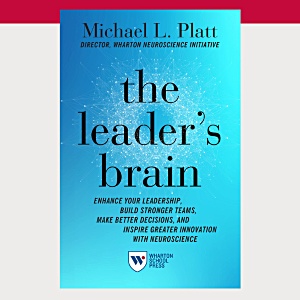Serena Williams prepares for her tennis serve with a ritual of bouncing the ball five times before her first serve and two times before her second. Similarly, a famous soccer player has a unique routine of stepping onto the field with only his right foot. Even one of the world’s greatest pianists found solace before going on stage by keeping a small pink plastic lobster in his pocket.

Let’s consider the example of toilet paper. In the late 1970s, Ann Landers, a renowned columnist, voiced her preference for hanging toilet paper with the paper rolling over, rather than under. This seemingly innocent comment ignited a widespread debate in households across the country, resulting in a flurry of mail for Landers. She couldn’t escape the toilet tissue issue, highlighting how rituals can connect us to our tribe. When another tribe follows a different ritual, they are often perceived as different or even “bad.”


As the holiday season approaches, Norton, a renowned expert, shares an intriguing insight: rituals play a vital role in family gatherings, providing a helpful script. For example, after years of starting Thanksgiving meals at precisely 2 p.m., there is little chance of anyone arguing for a different time. If Aunt Edna always occupies a specific seat, the seating arrangement becomes non-negotiable.
In his thorough and persuasive style, Norton backs up his theories with extensive research. Readers will come away with a newfound appreciation for everyday actions that may have seemed like obsessive-compulsive behaviors but actually serve a higher purpose.
When he’s not penning bestsellers like “Fixing the Planet” (2022) and “Happy Money” (2013), Norton serves as a Harvard Business School professor, specializing in behavioral economics and well-being. His research has been featured in national magazines and CNN. Notably, his TED talk on “How to Buy Happiness” has garnered over 4 million views.


